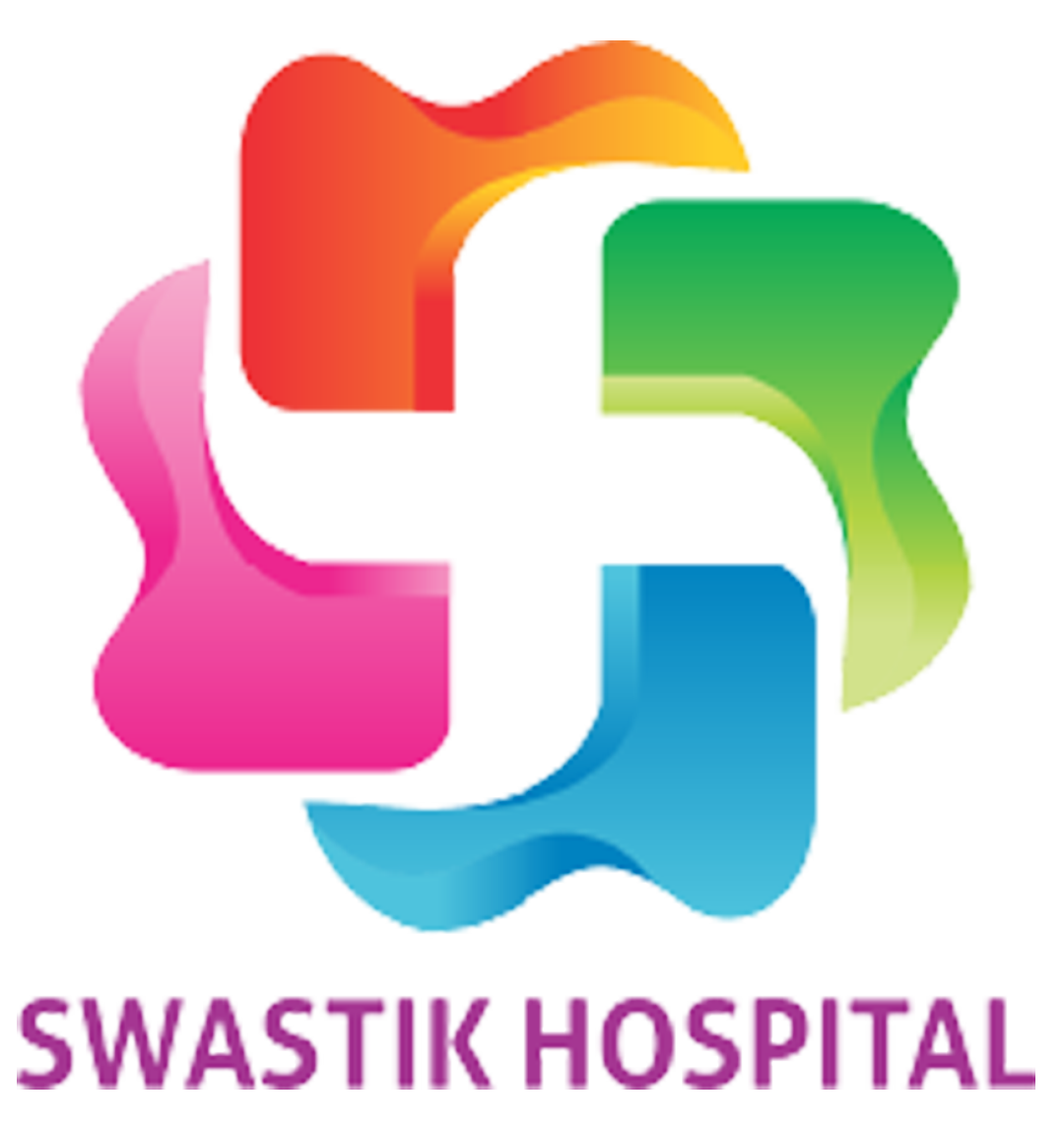
Medical emergencies strike without warning, and the first few minutes often determine the outcome. Whether it’s a heart attack, stroke, injury, burn, asthma attack, or any other critical event, knowing what to do — and where to go — can save a life.
Recognizing a Medical Emergency
You should call for help immediately if someone experiences:
- Sudden chest pain
- Severe breathing difficulty
- Loss of consciousness
- Uncontrolled bleeding
- Sudden weakness or paralysis
- Seizures
- Severe allergic reaction
- Poisoning
- Major accidents or fractures
Heart Attack Warning Signs
- Chest heaviness
- Sweating
- Pain in left arm or jaw
- Shortness of breath
- Nausea
Immediate ECG and treatment are crucial.
Stroke Warning Signs — Remember FAST
- Face drooping
- Arm weakness
- Speech difficulty
- Time to rush
Every minute can save brain cells.
What to Do Before Reaching the Hospital
- Stay calm
- Ensure open breathing
- Do not give food or water
- Apply pressure on bleeding wounds
- Keep the person still
- Call an ambulance instead of driving yourself
Why Choosing the Right Hospital Matters
A good emergency department should have:
- 24×7 trauma care
- Fast ambulance response
- Skilled emergency physicians
- On-call specialists
- Advanced ICU
- Fully equipped diagnostics
Conclusion
Preparedness saves lives. Knowing emergency signs and choosing the right hospital ensures timely care when it matters most.
